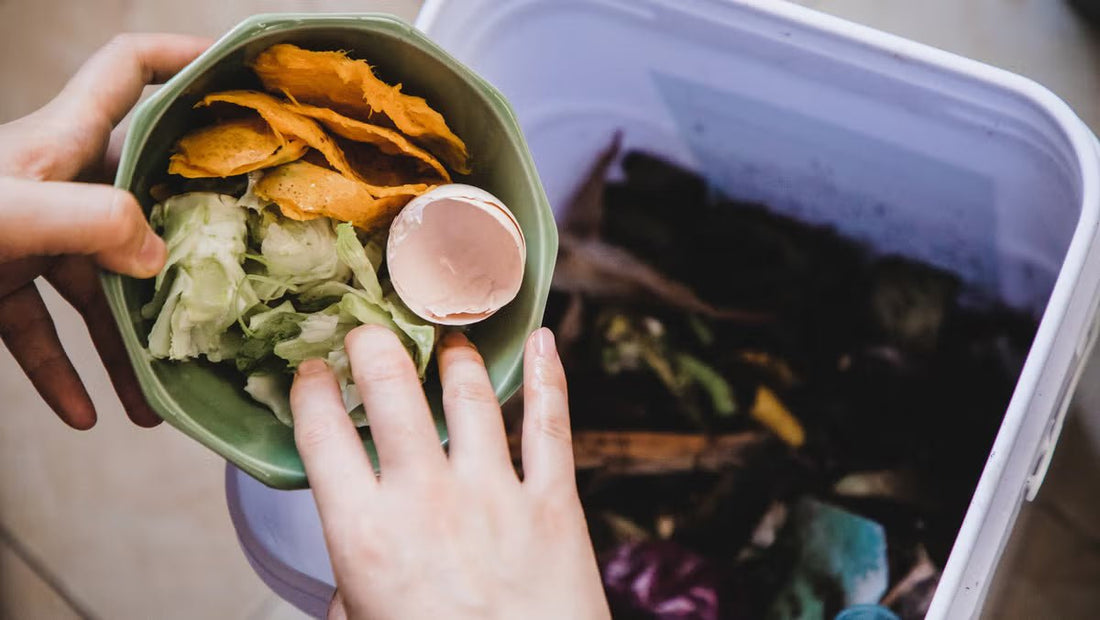
How to Create Your Own Compost at Home
Share
Composting is an easy, powerful way to reduce waste and create nutrient-rich soil for your plants. At EcoBeo, we love helping you make simple swaps that matter.
Why Compost?
- Reduce waste: About a third of household waste is organic and can be composted instead of going to landfill.
- Save money: Compost replaces chemical fertilisers — it’s free and natural.
- Healthier soil: Compost adds nutrients and improves soil structure for thriving plants.
- Lower emissions: Composting prevents food waste from releasing methane in landfill.
Getting Started: What You’ll Need
You don’t need a fancy setup to compost. Here are simple options:
- Compost bin: Available from garden centres or local council schemes.
- Compost heap: A pile in a garden corner works well if you have outdoor space.
- Indoor caddy: A small container to collect kitchen scraps before transferring outdoors.
What to Compost (and What Not To)
Think of composting as balancing “greens” (moist, nitrogen-rich) and “browns” (dry, carbon-rich).
Greens (Nitrogen-rich)
- Fruit & vegetable scraps
- Coffee grounds & tea leaves
- Grass clippings
- Fresh garden trimmings
Browns (Carbon-rich)
- Shredded cardboard & paper
- Dry leaves & twigs
- Straw & hay
- Sawdust from untreated wood
Avoid Composting
- Meat, fish or dairy (they attract pests)
- Oily or greasy food waste
- Diseased plants
- Pet waste
How to Build Your Compost Pile
- Start with browns: A base layer of twigs, cardboard or dry leaves improves airflow.
- Add greens: Mix in food scraps, grass clippings and fresh trimmings.
- Keep layering: Aim for about 2 parts browns to 1 part greens.
- Add moisture: The pile should feel like a damp sponge — not dry and not soggy.
- Turn it: Every few weeks, stir the pile with a fork to add oxygen and speed up decomposition.
How Long Does It Take?
With regular turning and a good balance of materials, compost can be ready in 3–6 months. Finished compost is dark, crumbly and smells like fresh earth.
No Garden? No Problem.
If you don’t have outdoor space, try one of these alternatives:
- Bokashi bins: Ferment kitchen waste indoors — great for small flats.
- Wormeries: Use worms (red wigglers) to turn food scraps into rich worm castings.
- Council schemes: Many local councils run food-waste collections — check your local services.
Final Thoughts
Composting is one of the most effective small steps you can take for a greener home. It reduces waste, improves soil and gives you free, natural fertiliser for your plants. At EcoBeo, we’re all about simple swaps that make a big difference — and starting a compost bin is a brilliant place to begin.
